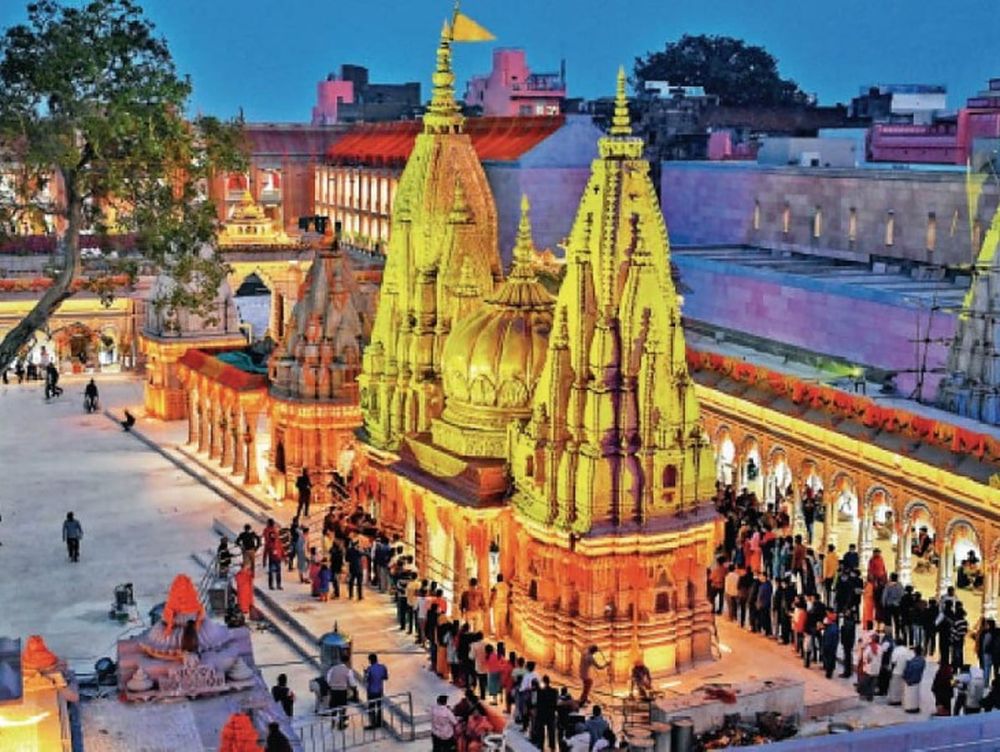

Varanasi, also known as Kashi and Benaras, is one of the oldest living cities in the world and a major religious hub in India. The history tied to the Kashi Vishwanath Temple is immensely rich and interwoven with the city's existence. The temple, dedicated to Lord Shiva, is one of the twelve Jyotirlingas which are the holiest Shiva temples. It is not just a monument but an enduring symbol of faith and spirituality for millions of Hindus worldwide.
The temple has stood the test of time, surviving numerous invasions and reconstructions over the centuries. The earliest mention of the temple dates back to the Puranas, ancient Hindu scriptures. Although the exact date of the original temple's establishment is uncertain, it is believed to have been a sacred site since time immemorial.
Historical records indicate that the temple was destroyed multiple times by invaders and was rebuilt by Hindu kings. The most significant reconstruction, which led to the present structure, was done in the 18th century by Ahilyabai Holkar, the queen of the Malwa kingdom.
Tourism in Varanasi has been an integral part of the city for centuries, primarily because of its religious significance. Pilgrims from all over India and the world have traveled to Varanasi for spiritual solace, rituals, and enlightenment. The city's ghats on the banks of the Ganges River perfectly encapsulate the essence of the cultural and religious life in India.
In recent years, tourism in Varanasi has evolved beyond just religious visits. The trend has shifted to include experiential travel where tourists are looking for a blend of spirituality, culture, history, and local experiences. Initiatives like the Ganga Aarti at the Dashashwamedh Ghat, yoga, meditation retreats, and walks through the old city's alleys have amplified its charm.
The Indian government's efforts under projects like the Pradhan Mantri Swachh Bharat Mission have greatly improved the cleanliness around the ghats and the temple area, enhancing the tourist experience. Furthermore, initiatives like the Spiritual Circuit under the Swadesh Darshan Scheme are aimed at promoting religious tourism and preserving the city's cultural heritage.
Varanasi has become more accessible than ever before with the development of better infrastructure, increased connectivity, and a focus on sustainable and responsible tourism practices. The city is now a blend of the ancient and the contemporary, welcoming a diverse wave of tourists not just for religious purposes but also for educational and recreational travel.
The Kashi Vishwanath Temple remains a profound emblem of Varanasi's timeless allure and continues to fascinate travelers with its spiritual magnetism and historical grandeur. Tourism in Varanasi, with the temple at its heart, has become emblematic of India's incredibly diverse and rich cultural tapestry.